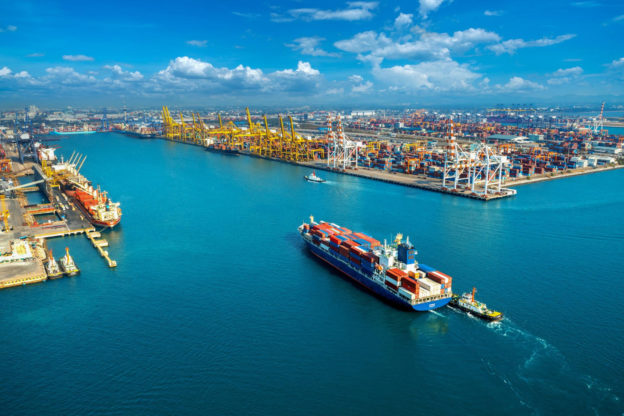The Court of Justice of the European Union (hereinafter “CJEU”), in a judgment dated November 19, 2020 (case C 775/19, 5th Avenue), interpreted the conditions for reintegrating, in the customs value of imported goods, royalties paid by a buyer in exchange for the right to exclusively distribute these goods within the territory of the European union.
In this case, “5th Avenue”, a company established in Germany, had concluded an Exclusive Distribution Agreement (hereinafter the “EDA”) with Habanos SA, pursuant to which 5th Avenue was granted the exclusive right to import, sell and distribute in Germany and Austria cigars produced by Habanos SA. In return, 5th Avenue agreed to pay Habanos SA, for a period of four years, an annual amount, qualified as “compensation”, amounting to 25% of the annual revenue resulting from cigar sales in these Member States. Should this compensation constitute an amount that could be reintegrated into the customs value of the imported cigars?
Another limitation of the scope of application of article 71-1-c of the Union Customs Code
First of all, the Court considers, like the European Commission, that this compensation should not be analyzed as a royalty or license fee within the meaning of article 32-1-c of the Community Customs Code (CCC) (newly 71-1-c of the Union Customs Code), but with regard to article 29-1-3 of this code. Indeed, according to the Court, Article 32-1-c of the CCC applies only to royalties paid in consideration of the provision of intellectual property assets. Without debating whether an exclusive distribution right could be qualified as an intellectual property right per se, it is striking to note the restrictive application of article 32-1-c CDC by the CJEU, whereas the wording of the latter merely sets out the conditions for the reinstatement of royalties and license fees, without excluding payments that would not be made in consideration for making available an intellectual property asset.
This restrictive reading is in line with certain positions already taken by the European Commission, and recalled in its latest guidelines of September 17, 2020, which tend to exclude the application of article 32-1-c of the CCC for royalties paid in consideration of the provision of know-how or a production factor. This article, whose dual criteria of relation to the imported goods and condition of sale make the taxation of royalties more difficult, sees its scope of application limited once again. Such interpretation remains valid under the provisions of the UCC, whose article 71-1-c replaces article 31-1-c of the CCC.
In applying article 29-1-3 of the CCC to royalties paid in consideration of an exclusive distribution right, the Court subjected their taxable nature to a single criterion: their payment as a condition of the export sale of imported goods. It is no longer relevant to analyze whether these royalties are related to the latter.
A realistic approach of the condition of the sale which condemns to customs taxation payments made to the seller compensating exclusive distribution rights and calculated on the imported goods’ sales turnover
After having recalled and applied mutatis mutandis its GE Healthcare case law of 2017, although relating to article 32-1-c of the CDC, application of which was excluded in the case under consideration, the Court considers that the condition of sale is fulfilled when the payment is of such importance to the seller that, in the absence of such payment, the latter would not proceed with the sale. In this case, the Court is categorical: since the seller is also the recipient of payments calculated on the turnover of sales of imported goods made in the territory of exclusive distribution, these payments are made as a condition of the export sale of the goods and must be included in their value.
Does this mean that all payments made by a buyer to a seller in return for exclusive distribution rights are subject to customs taxation? Not necessarily. While the position of the Court of Justice may cover a large number of situations, in our opinion, this judgment should be limited to its case. Not all exclusive distribution contracts provide for compensation based on the resale price of the goods, nor do they provide for such compensation to be paid to the sellers of the goods. A work on the drafting of contracts, in order to disconnect as much as possible the compensation and the goods distributed, could prove useful, in order to avoid falling within the scope of this judgment, and to better defend the non-taxation of such payments by customs.
***
DS Avocats International Trade and Customs team is at your disposal to provide you with any additional information.
CONTACT US :
dscustomsdouane@dsavocats.com

